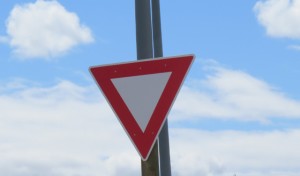What is Estate Duty?
Estate Duty is charged on every person who dies after 1 April 1995, according to the Estate Duty Act of 1995. It is charged at about 20% of on the taxable amount if the estate is valued at an amount exceeding R3 500 000.
Who is responsible for Estate Duty?
The estate is liable for Estate Duty and and it is paid by the executor. If a policy was paid to a beneficiary directly, the beneficiary will be liable for a proportional share of the payable amount.
Who is responsible for the collection?
A Commissioner for SARS is responsible for following the Estate Duty Act. In short, SARS is responsible for the collection and they do so by having 14 Master offices across the country. They have delegated their power and authority to the Master of the High Court.
How do you declare Estate Duty?
The Executor will calculate the amount when he is preparing the liquidation and distribution account. The Estate duty return form will be completed by the Executor and sent to the Master of the High Court’s office where the estate is registered. A copy of the liquidation and distribution form must be sent with the Estate Duty return form. After the procedure, the Master will asses the payable amount.
When should it be paid?
The assessed duty must be paid within 1 year of death on on the date that will be on the notice of assessment. The current rate of interest is 6% on late payments.
How should it be paid?
If the amount is R50 000 or less, you may pay with a cheque at a SARS branch. Otherwise you will have to use eFiling to pay the amount.



